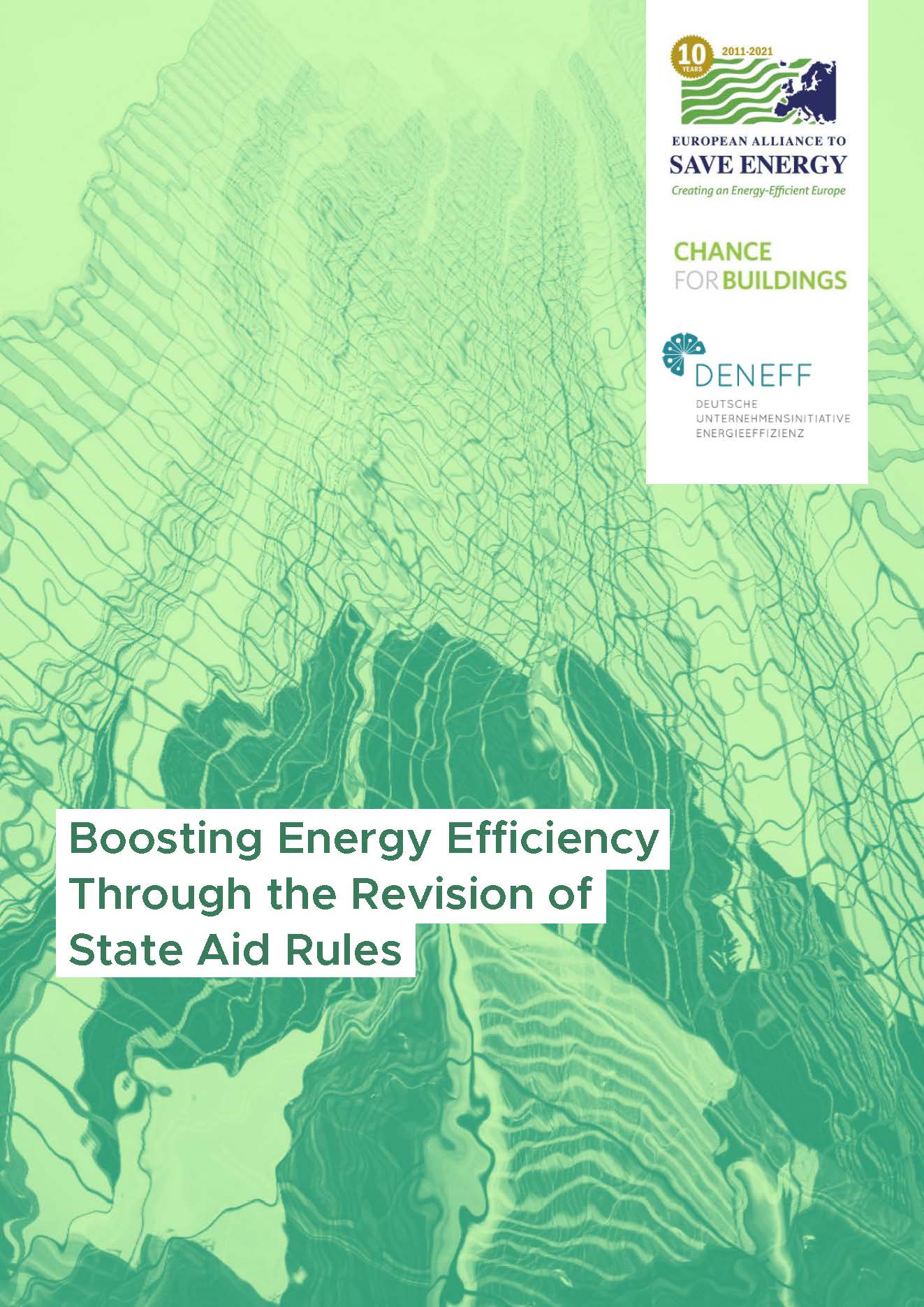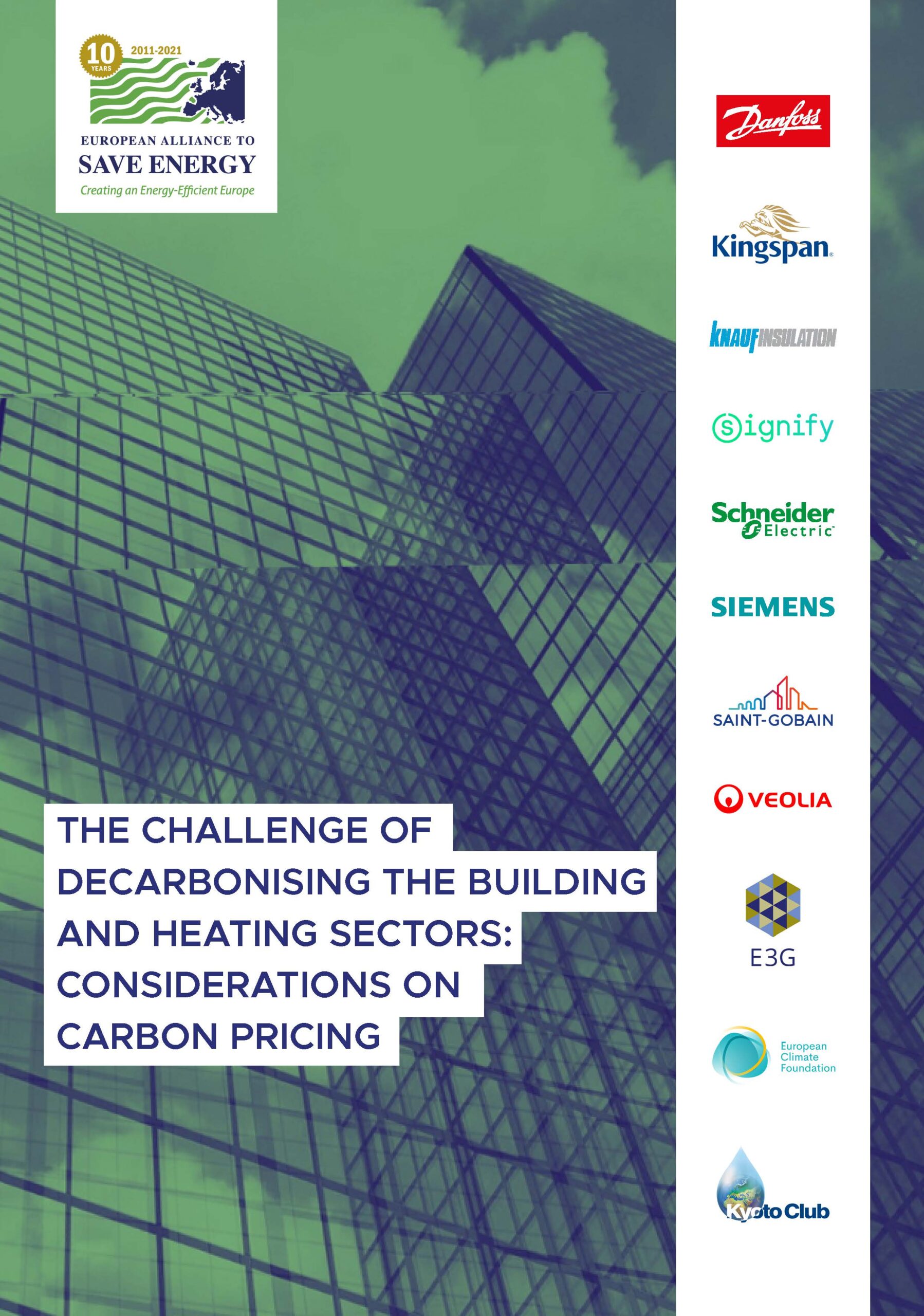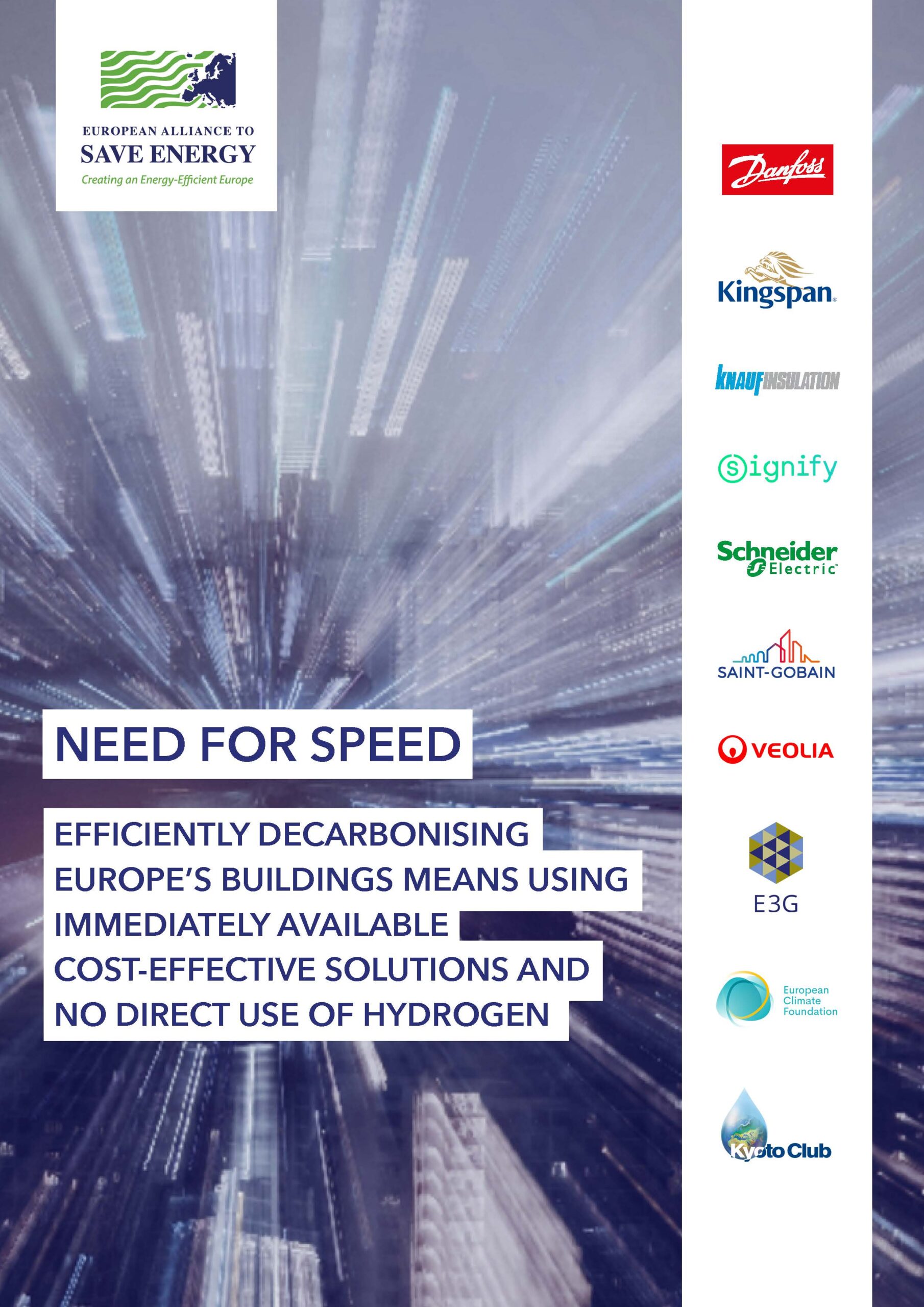Boosting energy efficiency through the revision of State Aid rules

The European Commission should revise EU State Aid rules so they can help boost energy efficiency across Europe.
To ensure that the energy markets are fair, flexible, and secure, the EU State Aid rules must address investment gaps by providing enabling conditions for attracting private investment. This is politically relevant considering the context of the Renovation Wave Strategy, which calls for doubling annual energy renovation rates, and considering the investments in energy efficiency improvements required to contribute to the decarbonisation of the industrial sector.
The European Commission recently announced the plan to revise the Energy and Environmental Aid Guidelines (EEAG) and the General Block Exemption Regulation (GEBR) to provide an enabling framework for public authorities to support high-quality renovation while making the most efficient use of limited public funds.
Pending the revision, the Commission announced in the Sustainable Europe Investment Plan and European Green Deal Investment Plan that the current State Aid rules will be applied with the flexibility to support an increase in the rate and depth of energy efficiency improvements, stressing that aid to energy efficiency investments would be simplified and enhanced.
While we support more flexibility in the short-term, we call on the Commission to also seize this moment to:
- Decisively create a level playing field for energy efficiency investments;
- Address the overall complexity by simplifying requirements on eligible costs; and
- Provide clear guidance on the current EU State Aid rules for energy efficiency.




